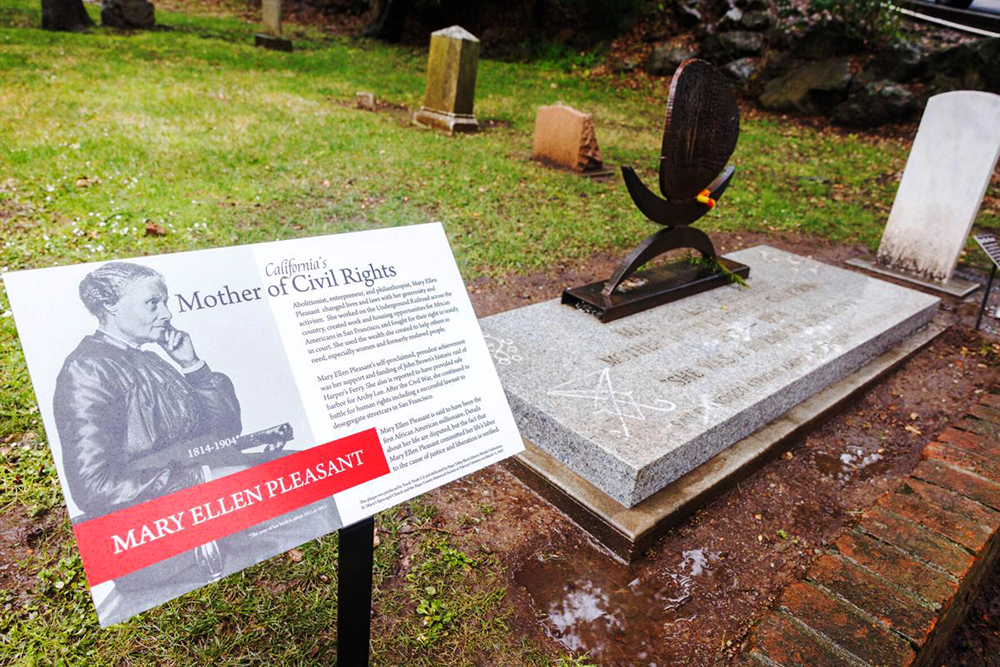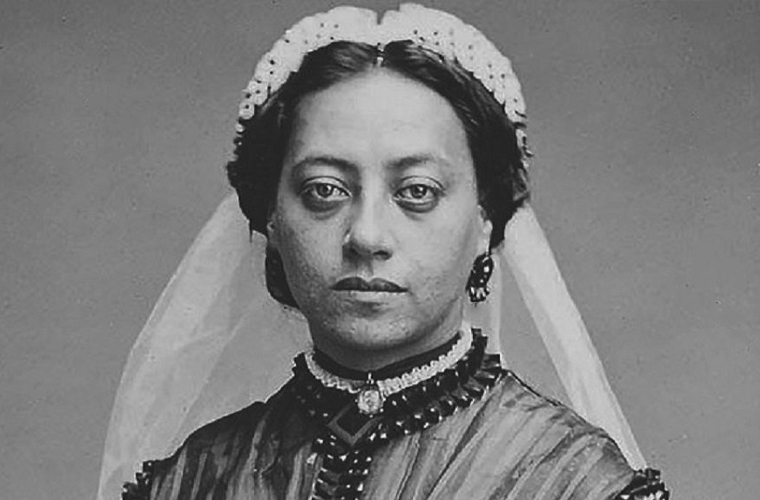Mary Ellen Pleasant (1814-1904) was an African-American entrepreneur, abolitionist, and activist known for her significant contributions to civil rights and her remarkable life story. Born into slavery in Georgia, Pleasant gained her freedom and moved to San Francisco during the California Gold Rush.
Pleasant became a prominent figure in San Francisco society, known for her astute business acumen and determination. She amassed considerable wealth through various entrepreneurial ventures, including operating boarding houses, restaurants, and real estate investments. Pleasant used her financial resources to support abolitionist causes and assist fugitive slaves in their escape to freedom.

She played a pivotal role in the civil rights movement and actively participated in legal battles to challenge racial discrimination and segregation. Pleasant was involved in high-profile court cases, including one against a San Francisco streetcar company for denying her and other African-Americans access to public transportation.
Due to her financial success and activism, Pleasant faced significant opposition and endured both racial and gender-based discrimination. Her story and contributions have often been overlooked or downplayed in historical accounts. Mary Ellen Pleasant’s life and legacy exemplify her determination, resilience, and commitment to fighting for justice and equality. She left a lasting impact on the civil rights movement and continues to be recognized as a trailblazer for African-American entrepreneurs and activists.

